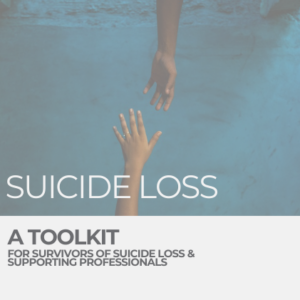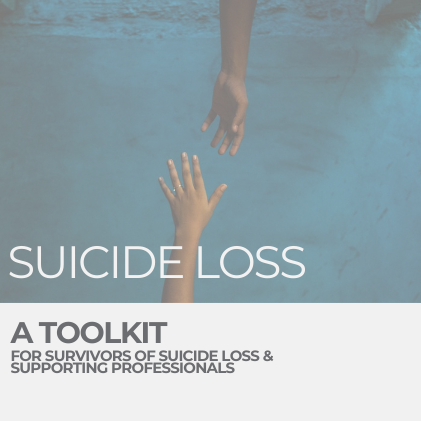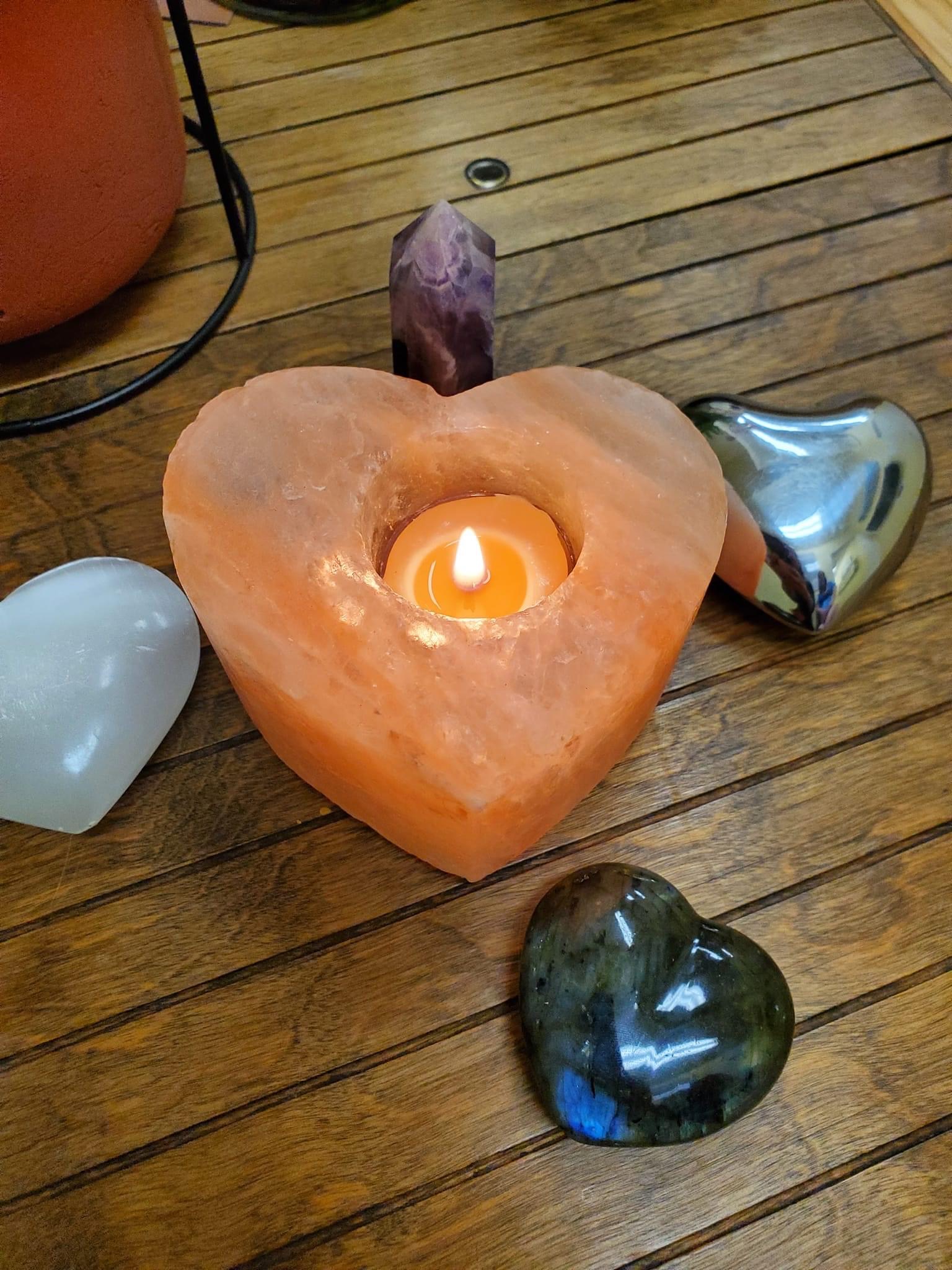Posts Tagged ‘suicide loss’
Suicide Loss Toolkit [Free Downloadable PDF]

Approximately 4500 people in Canada die by suicide each year. That is approximately 12 people who die by suicide each day. In 2022, 49,476 Americans died by suicide. That’s 1 death every 11 minutes. On average, 5 people grieve for every death. That leaves over 250,000 people experiencing suicide-related grief and distress. Grief Stories has seen these impacts firsthand: suicide loss has been the most viewed topic on our Youtube channel all year. At Grief Stories, we passionately believe sharing stories and insights fosters connection, helping people cope with grief. Grief Stories is proud to announce the release of our latest toolkit titled: the Suicide Loss Toolkit.
Our suicide loss toolkit pulls together our original multi-media resources about grief into an easy-to-access format which provides helpful information about the grief experience, stories of suicide loss from survivors, and helpful strategies to move through grief. This toolkit has been curated by mental health professionals for other helpers, for individuals, and their networks as they navigate grief and loss together. They are free to download and use.
Toolkits are becoming increasingly popular as a knowledge translation strategy for disseminating health and wellness information, to build awareness, inform, and change public and healthcare provider behaviour. Toolkits communicate messages to improve health and wellness and in changing practice to diverse audiences, including healthcare practitioners, community and health organizations, and policymakers.
What I know about grief
Post by Alyssa Warmland, artist, activist, well-practiced griever.
I earned my “grief card” at 15, when I lost my mother. Since then, I’ve experienced other instances of loss and have become a well-practiced griever. Most recently, I lost a friend in a tragic way. She was deeply connected within our rural Ontario community and as I grieve her loss, I’m watching many other people around me grieve. Some, like me, are experienced in grief. Others are newer to the experience.
The following are some things I know to be true about grief for me, based on my lived experience. Some of them may resonate with you as well. Grief is unique to the people experiencing it in each moment, so please take whatever makes sense to you from this share and leave whatever doesn’t.
– Give yourself space to just feel the waves. Sometimes it feels like it’s not quite so intense, and then sometimes it feels like you’ve just been punched in the stomach. And it’ll cycle around. And it won’t feel this way forever.
– You’re totally allowed to feel whatever it is you’re feeling. Last night, while I spoke with sobbing friends on the phone, I was absolutely furious. Today, it’s that gut-punch feeling. it’ll cycle around. And it won’t be this way forever.
– Sharing stories can be helpful. Celebrate the reasons you loved whoever you’re grieving. Look at the pictures. Watch the videos. Sing the songs.
– Be patient with yourself, but keep going through the motions of what you know you need to do to maintain your wellness while you grieve. Eat something, even if you’re not hungry. Sleep or lay down, even if you feel like you’ll never fall asleep (podcasts can help make it less overwhelming). Drink water. Go for a walk outside. Write about it. Work, if you want to work (and plan for some extensions on stuff if you can, so you can work a bit more slowly than usual if you need to)
– Your brain may take a little longer to process things. Your memory may not work as well. You may feel irritable or overwhelmed. It’s okay.
– If the death part itself was hard, try to avoid focusing on the end, and instead think about the person you loved and who they were when they were well.
– Connect with other people who are grieving, it may be easier to know you’re not alone.
To learn more about collective grief, please read Maureen’s post on the topic.
Collective Grief
Post by Maureen Pollard, MSW, RSW
When the death of a person affects many members in a community, city, country, or across the world, people will experience collective grief.
Some things that can help people through the experience of collective grief across a community include:
– Holding gatherings that allow people share the pain of loss and to remember and honour the person who died;
– Sharing reflective and supportive posts on social media that address the loss and grief being felt by so many;
– It can be helpful to tag the person who died, so it shows up on their page where people can look through for solace. It may be a good idea to avoid tagging the family members of the person who died so that they can
choose when to opt into engaging with these memories without overwhelming notifications;
– Encouraging opportunities for community members to give and receive empathy and compassion;
– Respecting personal differences in the experience and expression of grief among community members, as everyone
grieves in their own way.
While many people across a community may be feeling the loss, it’s important to respect the privacy of those most impacted by the death. Give the immediate family time and privacy. Although many may mourn their loved one, it can be burdensome for the family to have to receive community grief at a time when they are coping with their own grief process.
How We Learn to Cope With Grief
Post by Maureen Pollard, MSW, RSW
How We Learn to Cope With Grief
Death inevitably brings grief when the person who died is someone we love. Grief is never easy,
even when the death is one that comes in the natural order of life; a loss we were expecting.
We learn to cope with grief through experiencing it. Perhaps our first loss is the death of a pet.
We may mourn a cuddly friend who showed us unconditional love, but the rest of our world
stays more or less the same.
Later, if things go as they often do in families, you may experience the death of a grandparent.
Even when the relationship is close, we can often come to terms with such a loss because it is
considered usual to experience the death of the eldest family members.
Sometimes, we experience “out-of-order” deaths. An infant or child dies. A friend, a classmate,
a cousin or a sibling. Perhaps an aunt or uncle dies, or maybe even a parent. These deaths
teach us something different about grief and loss.
As we encounter death, we learn what it is to adapt to the absence of the one we cared about.
We figure out how to cope with feelings. We find ways to make sense of what has happened
and what is true in the aftermath of loss.
Each death we experience brings us new understanding. A different perspective is discovered
through the unique grief related to each special relationship. Because grief is an expression of
love, the appearance of grief after each loss is different according to the relationship.
Our development of a grieving style and rituals that serve us in the aftermath of a loss is also
created through these experiences. When we learn about death first-hand as a young child, and
receive comfort and guidance that allows us to move through grief at our own pace, we
gradually develop coping skills that prepare us and help us move through later encounters with
loss. If this is true for you, know that you have everything you need to carry your grief and come
to terms with death as a part of life.
Sometimes we have not experienced a gradual, gentle introduction to death in a manner that
teaches us how to manage grief. Instead, death arrives suddenly and harshly in an unexpected
order. If this is true for you, know that you can bear this grief. You have a deep well of strength
from which to draw, including coping skills that have seen you through other types of hard times.
Whether you’re experienced with grief, or new to this painful process of adapting to a world
without the physical presence of a loved one, do the things that bring you comfort. Cry when
you need to. Talk it out. Write it out. Make art. Sip your favourite hot beverage. Listen to your
favourite music. Stretch and gently move your body. Breathe; deep slow breaths will activate the
calming centre of your nervous system. Listen to your body and soul as you move through the
rhythms of grief at your own pace, in your own time.
It’s World Suicide Prevention Day and I Hope You Stay
Post by Maureen Pollard, MSW, RSW
It’s World Suicide Prevention Day and I Hope You Stay
It’s World Suicide Prevention Day (WSPD) and in keeping with the theme of working together to prevent suicide, I have worked with a team of amazing artists to create a song called I Hope You Stay.
As a Registered Social Worker, I have spent the last 10 years in private practice walking alongside people experiencing many types of grief, including the traumatic grief of suicide loss. My conversations with survivors of suicide loss have contributed to a passion for suicide prevention.
Survivors of suicide loss experience a full range of the usual emotions associated with grief, along with a hefty dose of guilt, remorse, shame and stigma. It is evident that suicide doesn’t end pain, it just transfers deep distress to survivors who then carry the weight of suicide loss the rest of their days.
Following an event I hosted for International Survivors of Suicide Loss Day in 2019, I was thinking about some people I know who live in great pain and frequently contemplate suicide. I wrote some lyrics and a melody, and brought them to Murray Foster at the Toronto Songwriting School. Murray used his versatile talents to help make it a great song, then provided the instrumentation for the track. Rob Quartly, founder of Grief Stories, connected me with Ellen Torrie, who recorded a beautiful vocal track. When Murray sent along the final mix, I created a video version, and Rob created a lyrics video.
I Hope You Stay offers possibilities for those who love someone who is thinking about suicide and don’t know what to say. It can be hard to have open, direct conversations about suicide, but it can be the one thing that turns a person back toward life and helps prevent a lifetime of heartbreak for family and friends.
Above all, this song is my message of hope and healing for those struggling with thoughts of suicide. I know it’s hard. Really hard. Still, I Hope You Stay.





